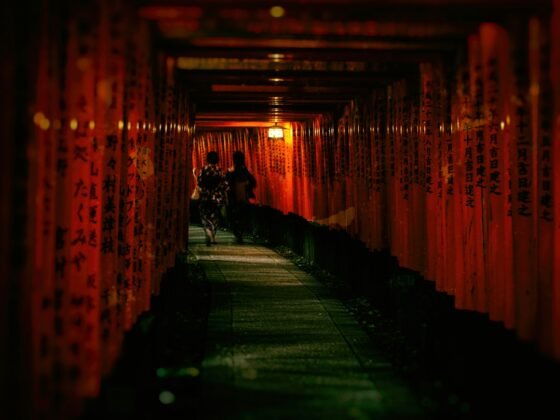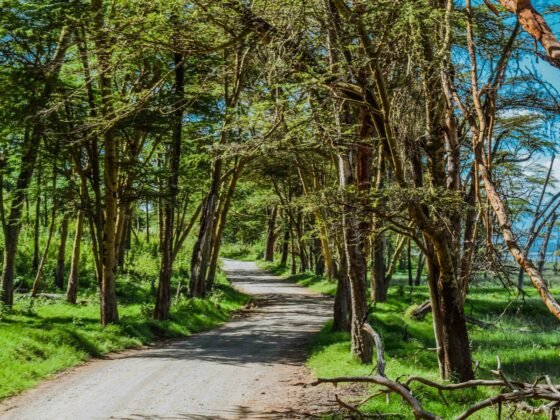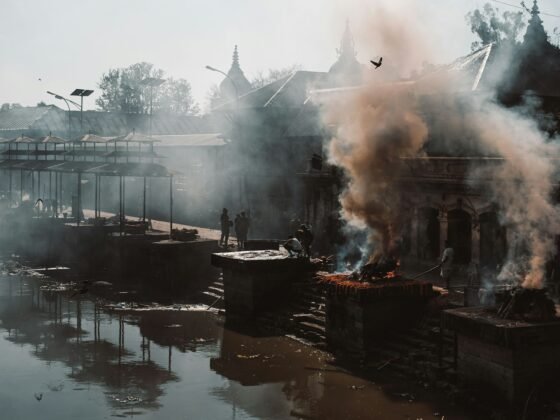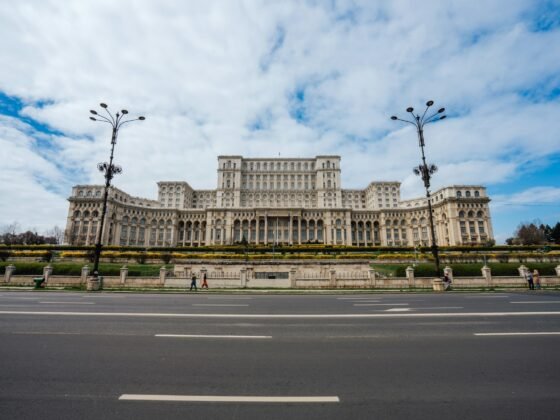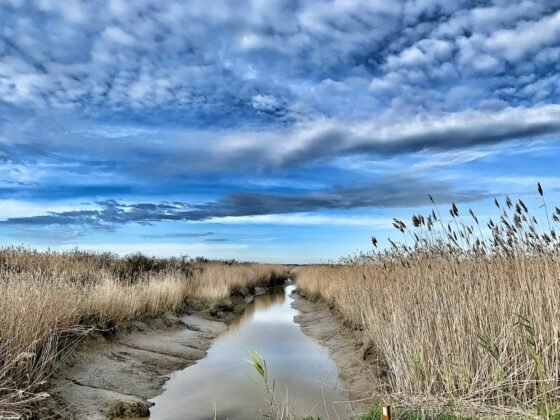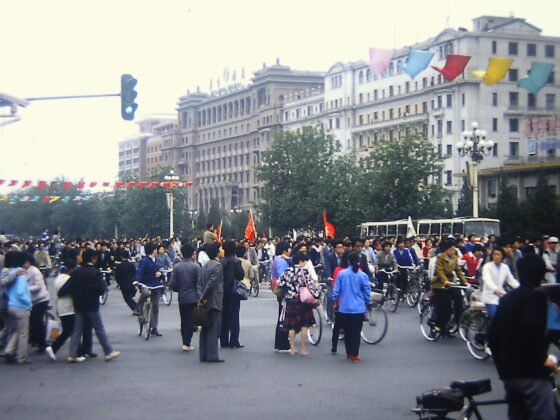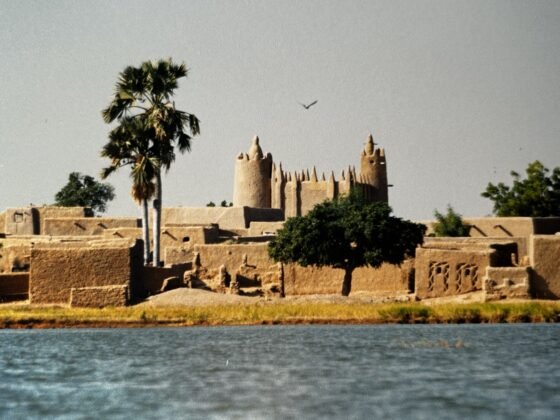By Ottoline Spearman.
News spreads fast on the trail, especially bad news. I will myself to concentrate on the soft crunch of boots on scree, punctuated by short, sharp breaths. One, two, one, two. Keep the invasive thoughts at bay. Focus on the scenery, the goddamn beautiful scenery. Onion-layered mountains stretching into the sky, ragged against the afternoon light. Racing cirrus clouds despite the still, heavy air. Just 9 kilometres and 600 metres of ascent left to go until Rifugio Carestiato.
When I’d told people about my plans to solo hike the Alta Via 1 in the Italian Dolomites, I’d been met with a range of reactions. Some smiled and nodded encouragingly, asking how long it was (‘120km?! Are you insane?’ Other descriptions had been ‘mad’, ‘brave’, and ‘foolish’). Some seemed repelled by the idea (‘Good for you. Rather you than me!’). In the weeks before, I had been filled with nervous energy, my head brimming with contingencies I was struggling to provide for. Will I make it? What if I get lost? How much food shall I bring? How much water? Will my knees and hips hold out?
But a week into the 9-day trail, with an astonishingly bump-free ride (save for a brief encounter with food poisoning after eating 4-day old prosciutto), I met some Ukrainian girls at Rifugio Coldai. Hiking the other direction, the less traditional south-to-north route, they detailed the path that lay before me. It was nearly time for lights out when they started talking about ‘Batman’ and I laughed, picturing a dark, comic figure, the gossip of the Alta Via 1. But in fact what they’d meant was a ‘badman’, spotted somewhere on the trail where I was now. A sinister story they’d pieced together from conversations with fellow hikers – a man had been prowling, waiting for lone hikers. This was one contingency I couldn’t have prepared myself for.
It had been a mystical start to the day, cooking porridge on my pocket sized stove in the thick mist by Lake Coldai. Then, as the early morning sun started to burn through the haze, the summit of the majestic Civetta appeared, a vast wall shaped like a trident, towering above me. At the bottom of a steep descent, fringed by landslides, a memorial to an Alpine guide stood, a stark reminder of the power of the mountains.
It wasn’t until after my lunch stop at Rifugio Vazzoler, nestled beneath the imposing pinnacles of the Moiazza in a conifer wood, that I’d started to process what the Ukrainian girls had told me. My knee was acting up and the 2km of downhill didn’t help, so I started walking backwards down the switchback jeep trail. The beating afternoon sun was obscured by clouds, and the air was heavy. As I started my ascent, I passed a dishevelled man with a leering smile and his dog, who both caught my eye as I hurried past them and nearly tripped on the narrow trail.
After, I saw no one, clambering over tree roots and wending my way up the steep, boulder strewn hillside. It was deathly silent, and I started counting my breaths, pushing away thoughts of the predatory man. The air was thick and something felt ominous – maybe it was the clouds skirting the jagged peaks in varying shades of grey, the deep mountain gullies and bottomless ravines being swallowed by mist. Maybe it was the path which was funnelling me over vast landslides, up dried up stream beds, then over precipitous 50 degree slopes with fatal drops to the right. Maybe it was the feeling of being totally isolated and at the mercy of the mountains.
As I approached the Forcella Col dell’Orso – a reminder of the now scarce Dolomites bears – an exposed clamber and dislodged rock clattering down the hillside left me skittish. I could feel the adrenaline and cortisol rushing through my veins. After every few steps, I glanced over my shoulder. Everything was in sharp relief, and I was on high alert.
Then the trail started meandering downwards, into thick forests, where flickering shadows taunted me. My legs were starting to weaken, each step more laborious than the last, and several times I lost my balance, a quick stab of my hiking poles saving me from careering down into the valley.
The trail was never ending and the forest thickening. It was nearly 7pm, too late to be out in the wilderness. But I was almost at the refuge, and never had the word ‘refuge’ seemed so apt. At last, emerging from the tops of the trees I heard voices, the first sound in six hours. The path climbed one final time and I found myself in the midst of drunken hikers, jolting me out of my anxious reverie.
As I stood there, catching my breath, scarecrow-like and unwashed, they rushed towards me, arms out.
“Where have you been?!”
“Hell, you made it!”
“Dinner’s on the table”. I glanced back at the mountains, grey in the dusky light, exhaled, and smiled back at them.
Judges Comments:
This is a really accomplished piece of writing. Eye-catching start, obvious full-stop, evocative description in between – it’s got the lot.
From the very first sentence we know we are in good hands. It’s intriguing, simple, pacy, engaging – and crackles with intrigue and menace. What is the bad news? This is a writer who understands how important it is to grab your reader from the off, to force them to read on.
That first paragraph also contains some brilliant description. “Onion-layered mountains stretching into the sky, ragged against the afternoon light,” is a stunning sentence: it’s not overblown; there aren’t so many ideas in there we can’t get a grip on what they are describing; the prose is straightforward enough but is also fresh, original, effective – you can see it all. And hear it all (“the soft crunch of boots on scree”) – picking out sounds and smells can be a really effective trick.
I also really like this sentence from the opening: “Focus on the scenery, the goddamn beautiful scenery.” It’s witty, relaxed, it feels conversational, it suggest a writer not trying to be grandiose – most importantly perhaps, it is just plain fun and engaging. The writer is working their socks off to liven up what could otherwise be a totally forgettable phrase: “focus on the beautiful scenery.” The writer refuses to let us skim over it.
We also know in that first para where we are ie in some mountain range with a vaguely Italian-sounding name – but the writer doesn’t bore us with too much detail. No need to tell us here exactly where these mountains are, that can come later, along with all the prosaic stuff about hours on the trail etc. We’re given just enough to place us with the writer on the trail – but not so much that it kills the mood. It is then, a masterclass of an opening – and what follows does not disappoint. Lots more mood-setting (“flickering shadows taunted me”), menace, well-judged description, and lots of intriguing observation, but not so much that it becomes self-indulgent. I loved this piece from its remarkably accomplished opening to its wonderfully poetic end.




